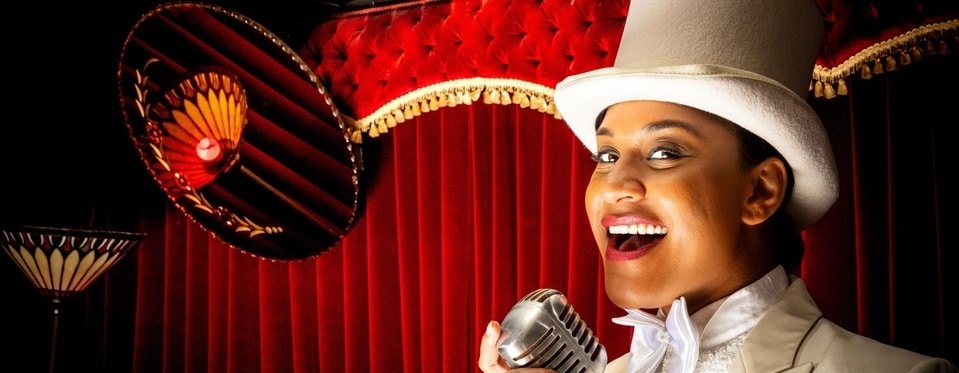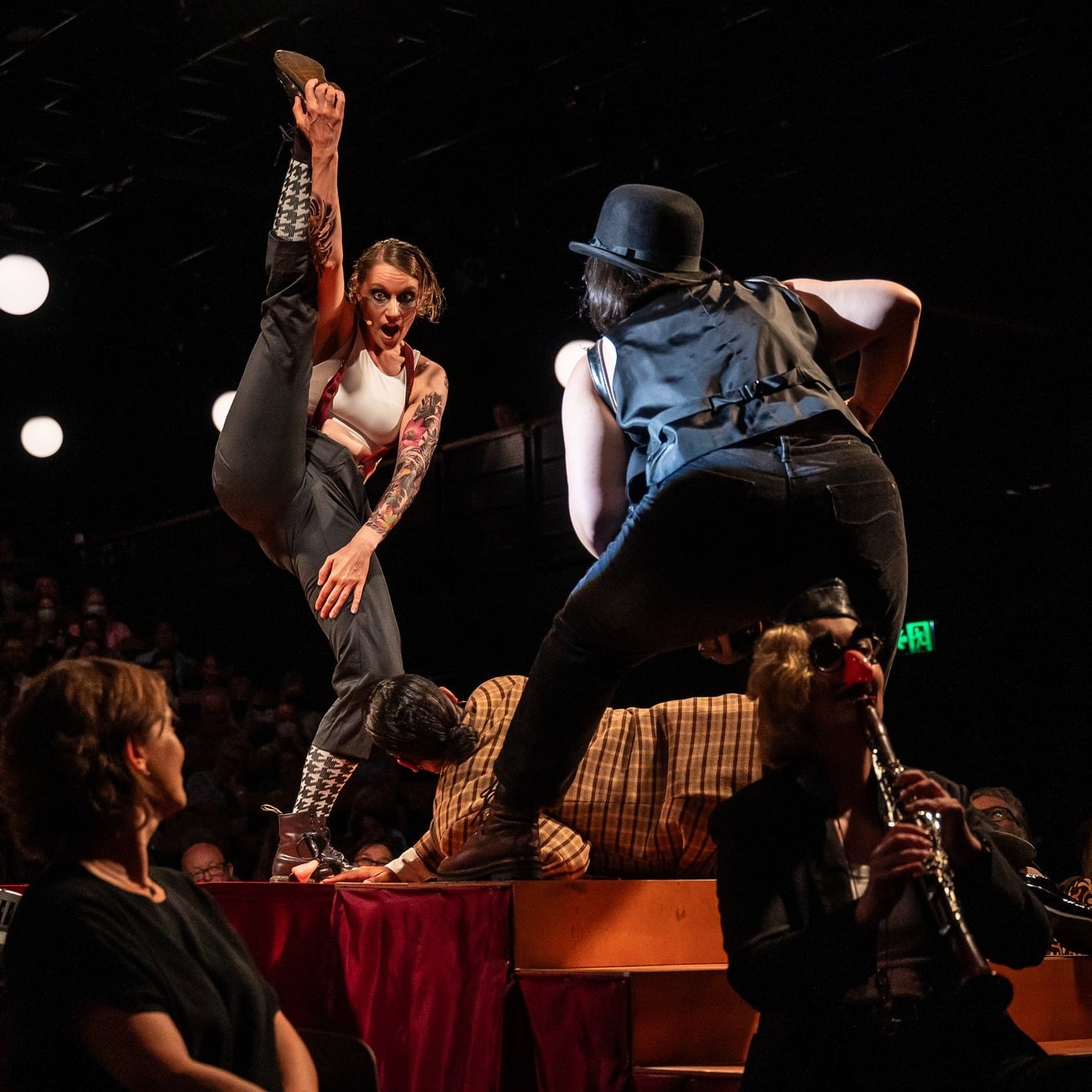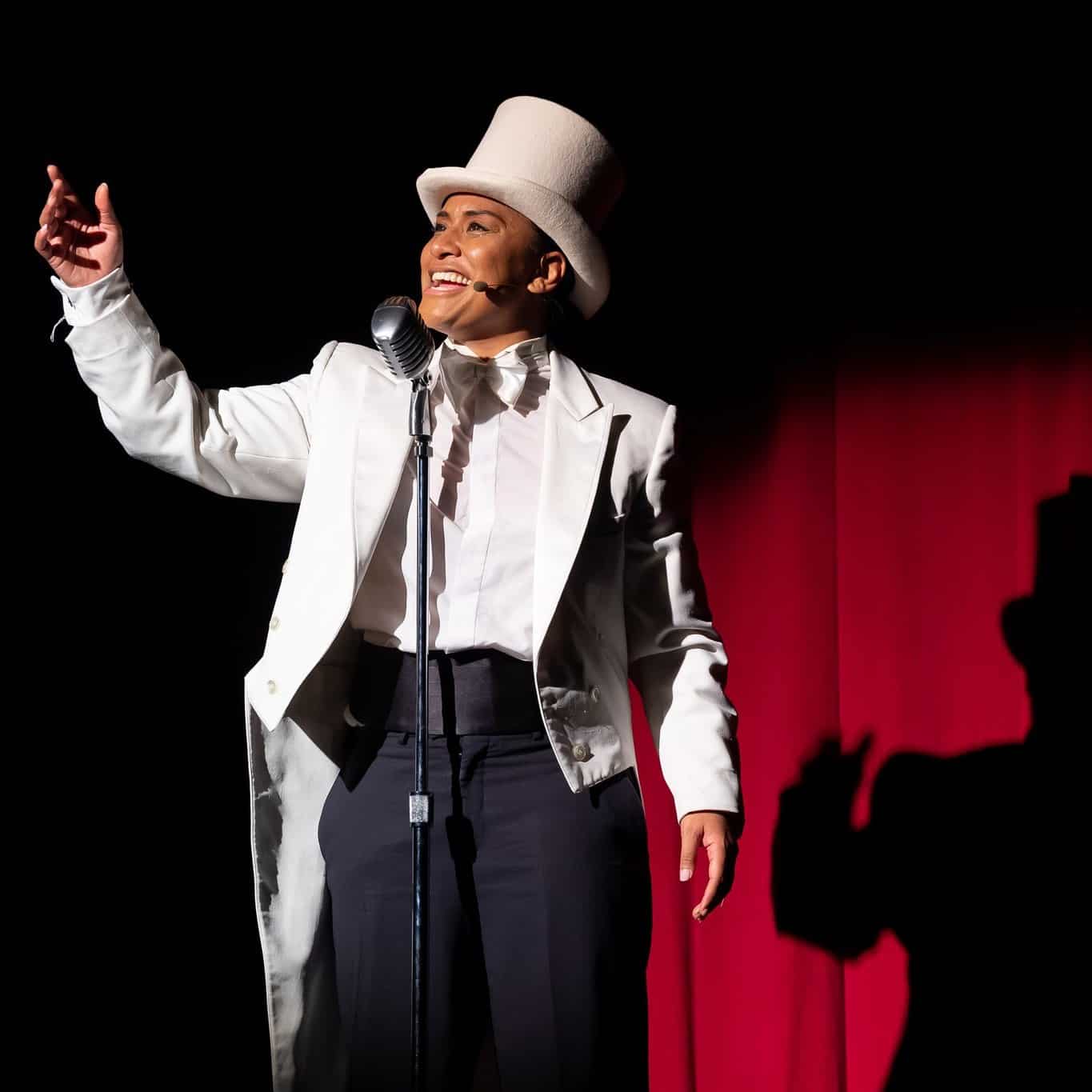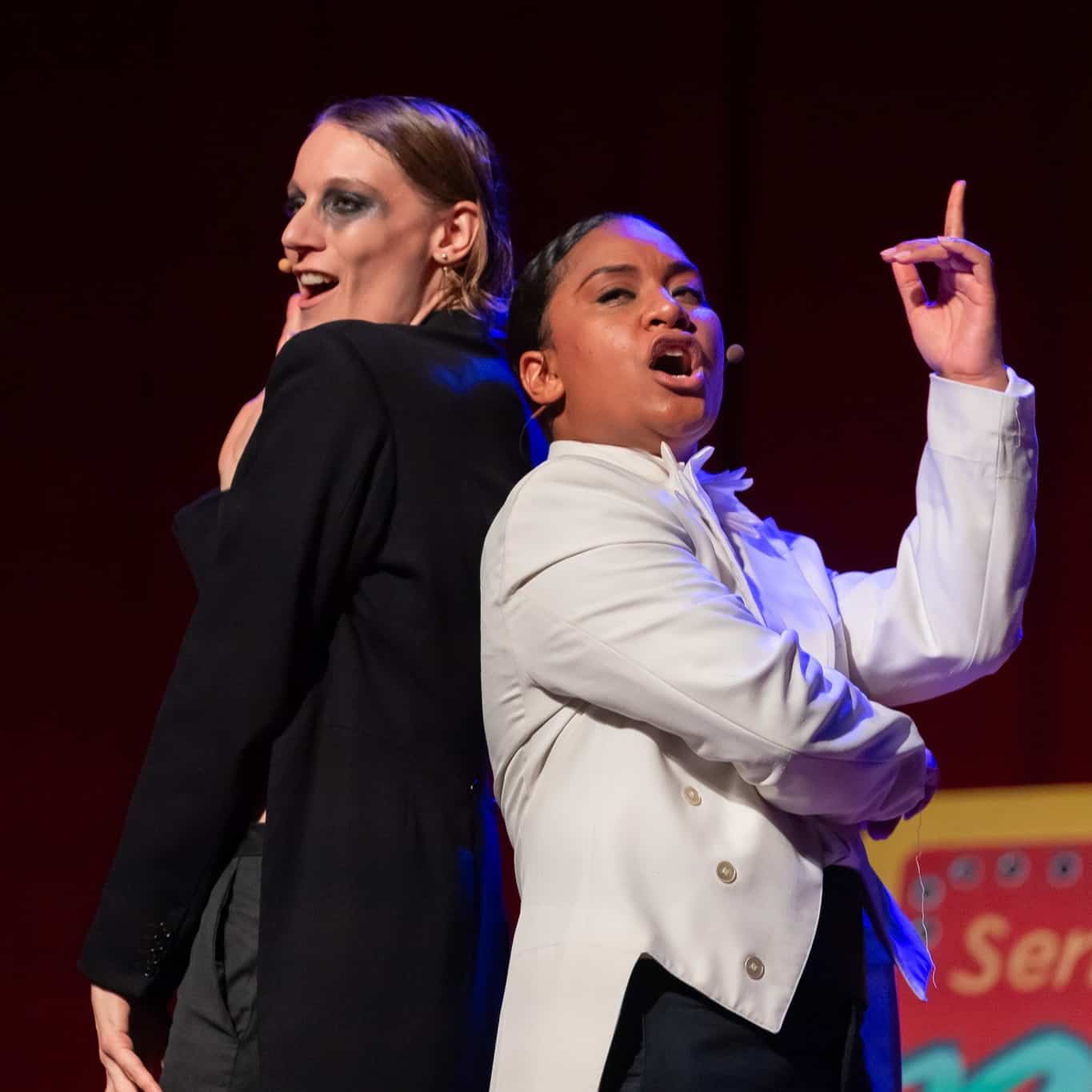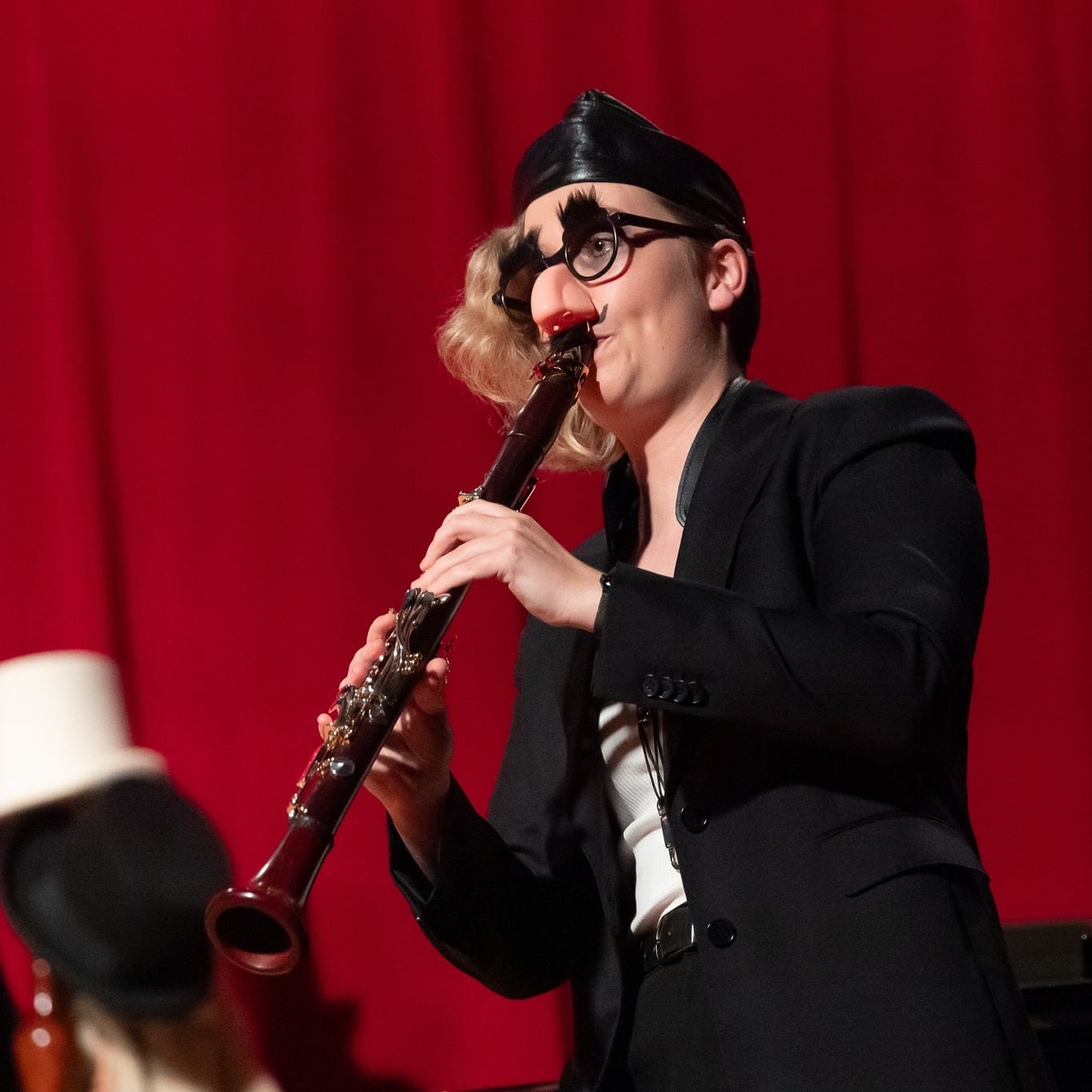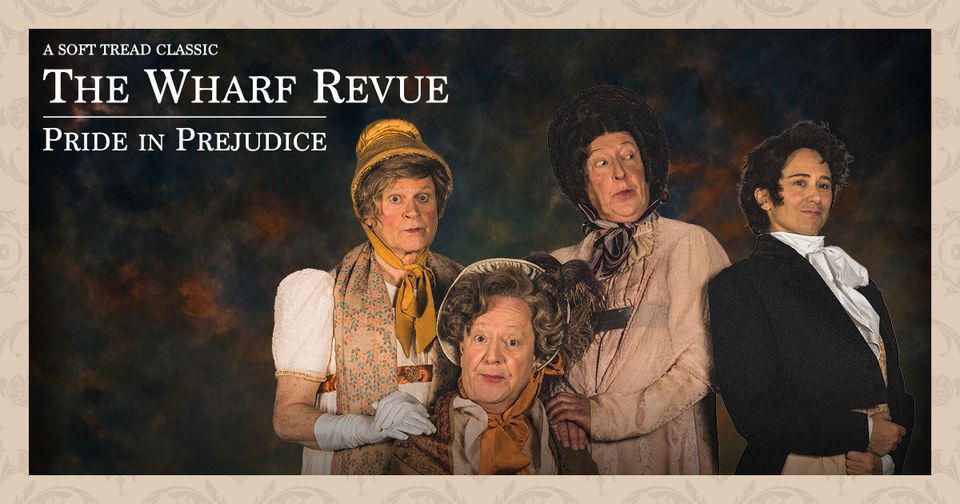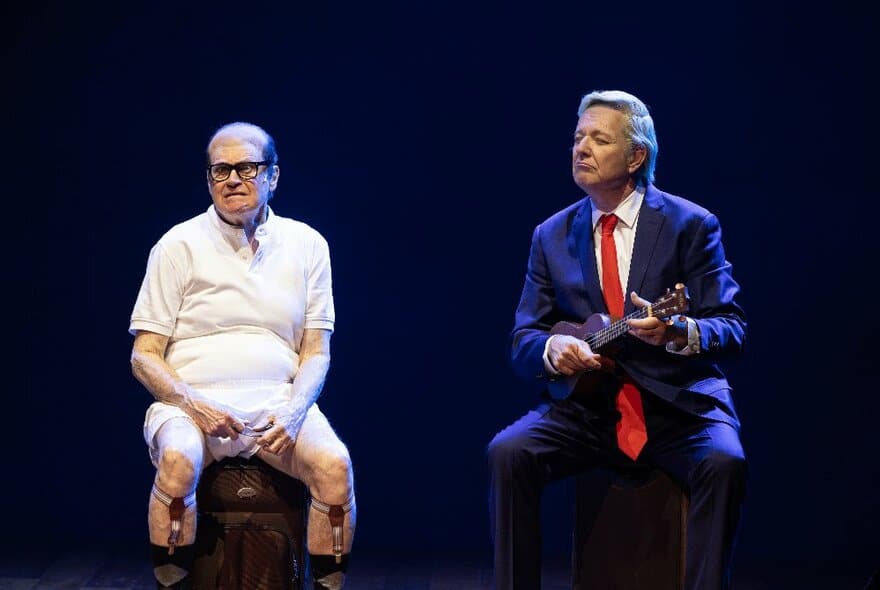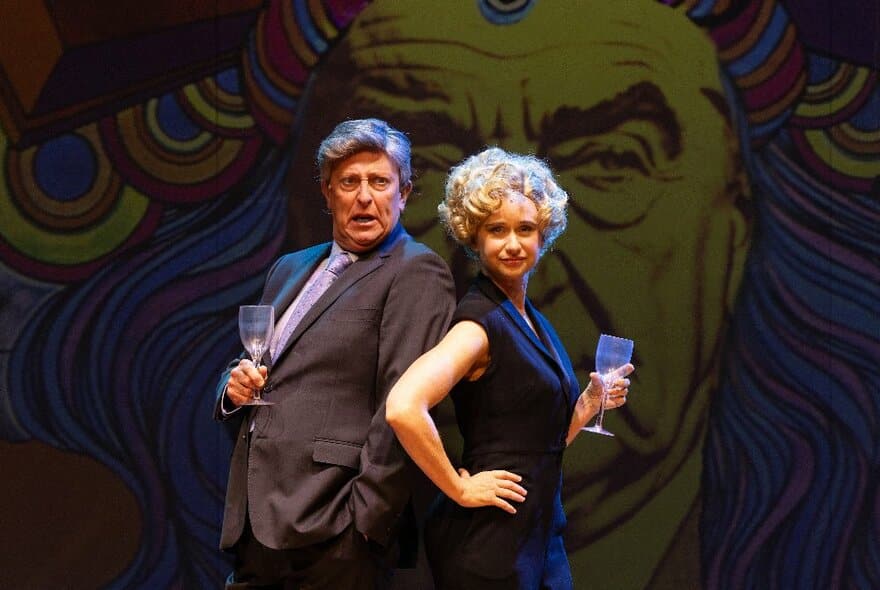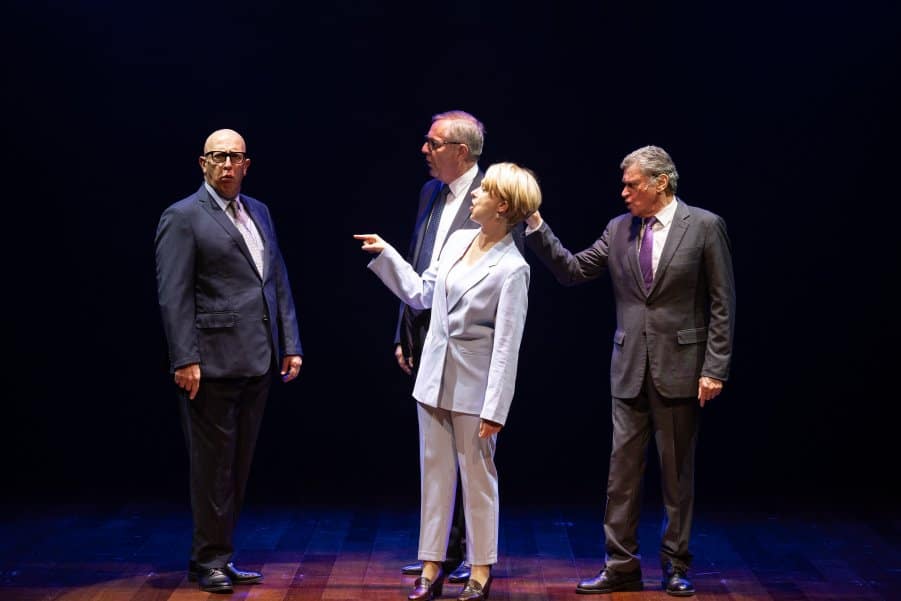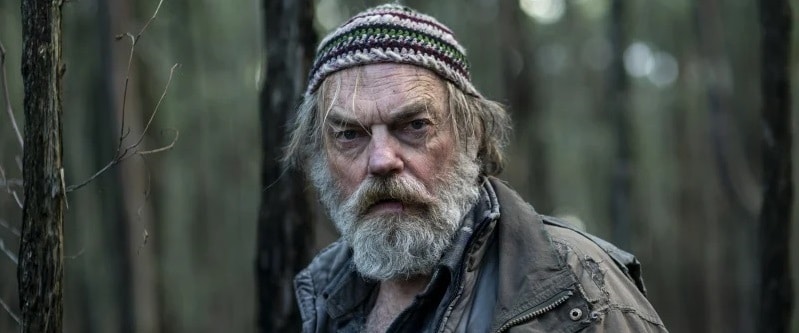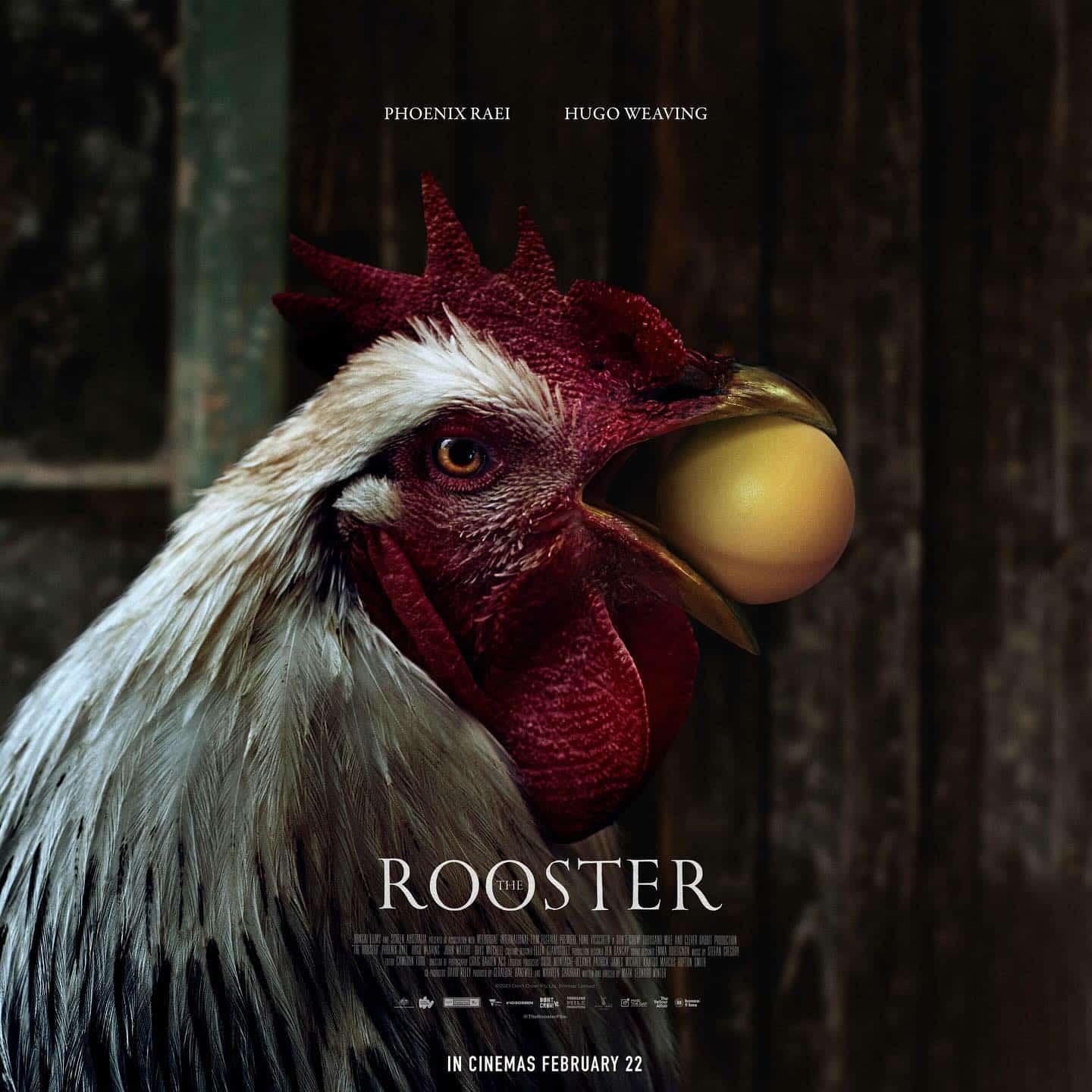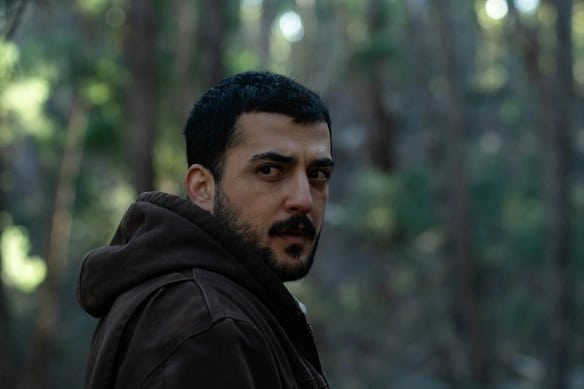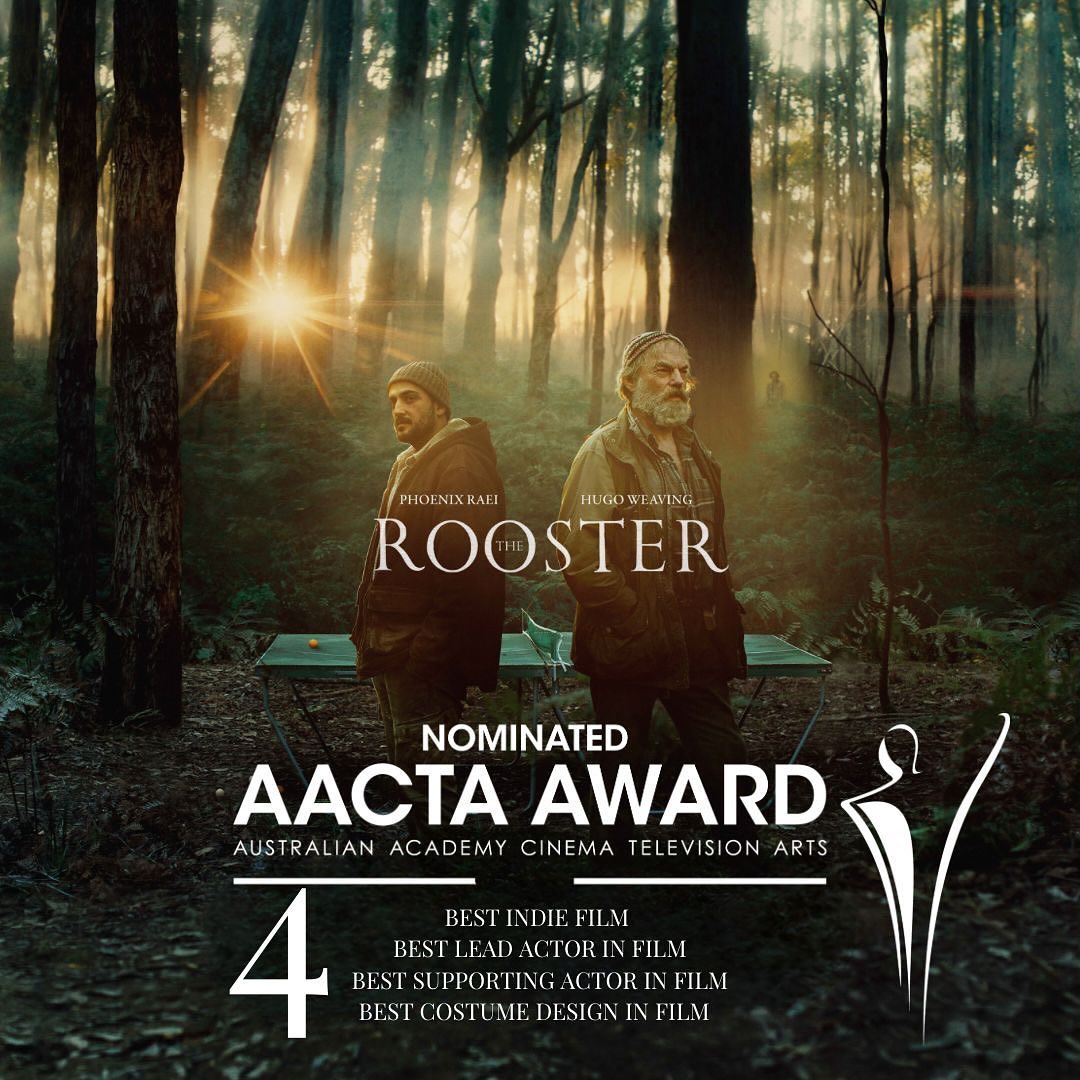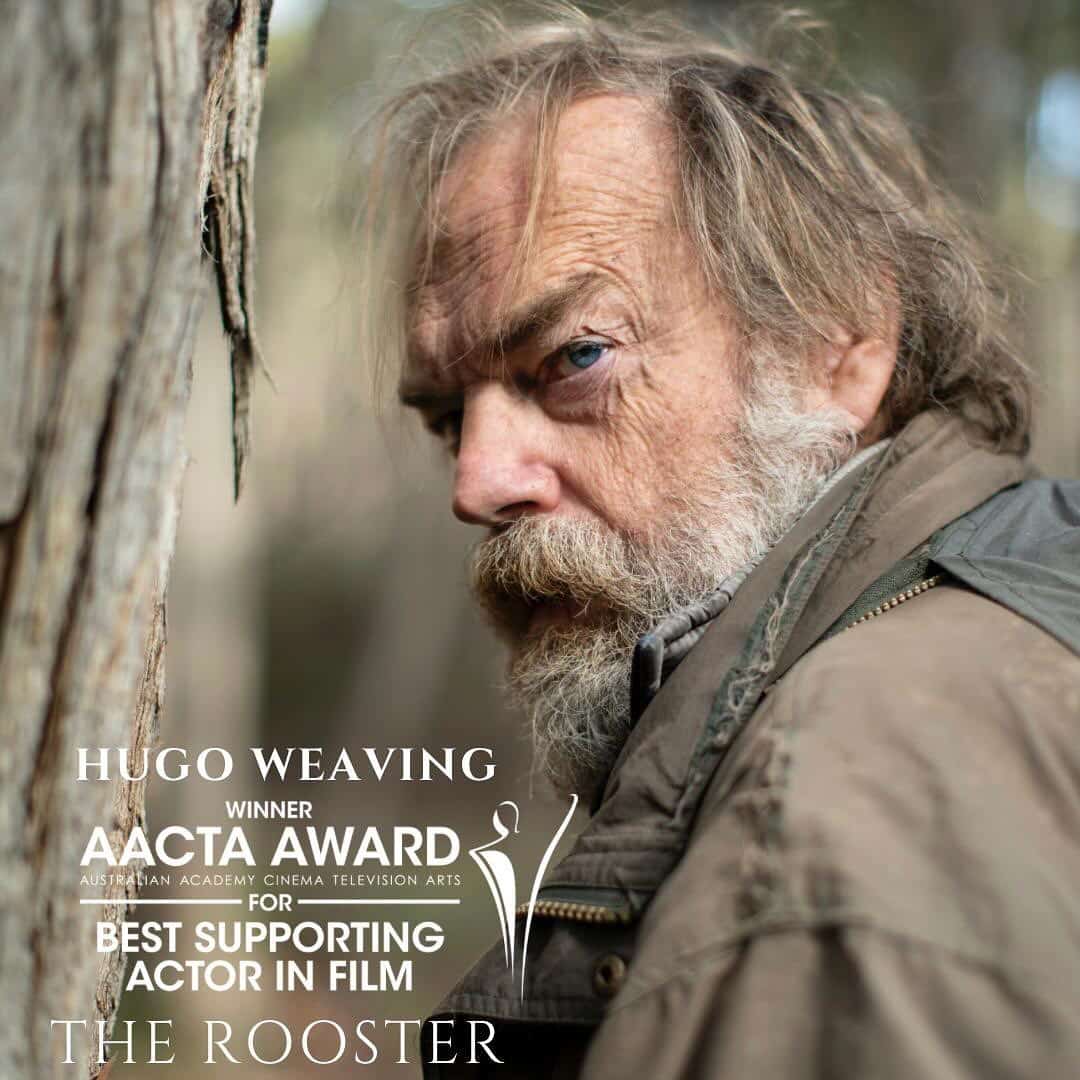We Have Never Been Modern is a 2023 Czech-Slovak crime drama directed by Matej Chlupacek and written by Miro Sifra. The film is set in 1937 in a town that is being transformed into a modern metropolis by the Bata shoe company. We Have Never Been Modern is a glimpse into life in Czechoslovakia.
In We Have Never Been Modern, we meet protagonist Helena (Elisha Krenkova), a former medical student who moves to Svit with her husband, Alois (Miloslav Konig), a factory manager. However, their hopes for a bright future are shattered when a shocking discovery is made on the factory grounds.
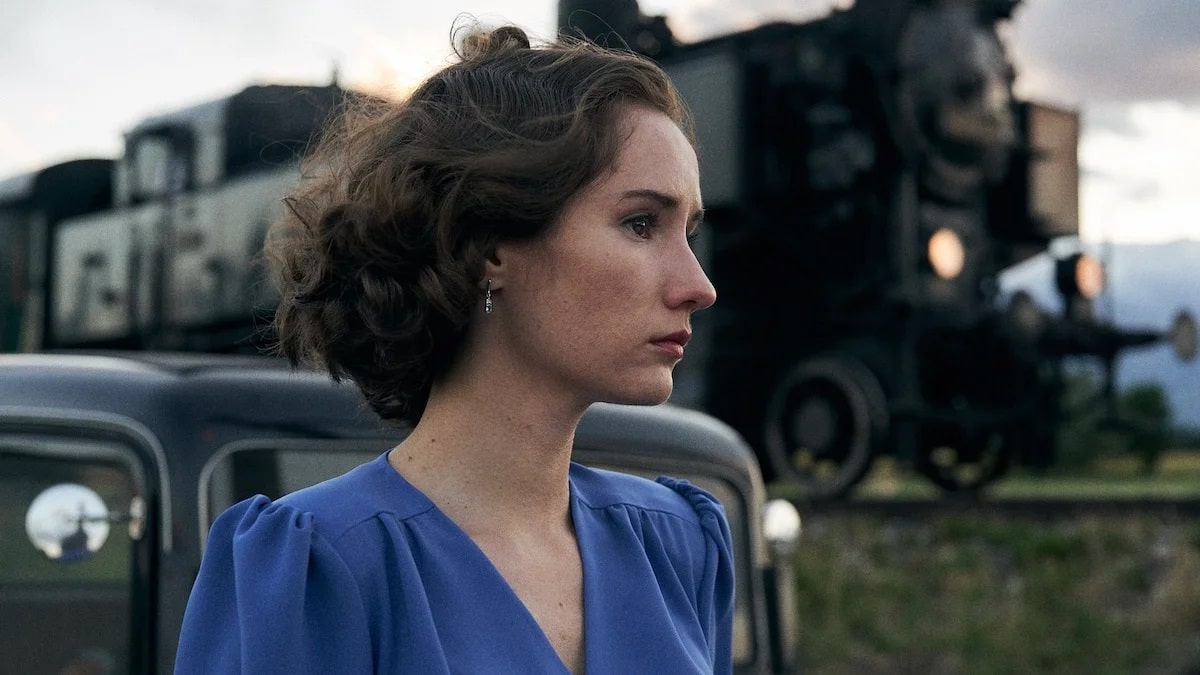
The performances of this film are excellent, especially by Krenkova, who portrays Helena with intelligence and courage. Helena is not afraid to say what is on her mind, which is a touch of humour, and to go after what she thinks is right. Another stand out of the film was Richard Langdon, who played Alexander “Sasa” Matula, a young man’s story we follow in the second half of the film.
The film ran for 1 hour and 57 minutes, but the pacing kept you watching throughout the film, especially during the second half. This is the second feature film from director Matej Chlupacek, but with his approach and execution of his vision, I will be watching more of him in the future.
The film has a rich colour palette, dynamic cinematography, and a production design that recreates the period atmosphere. Although the design recreated the period atmosphere, it did not make the film look dated. The film features a score by Martin Douba, adding suspense and emotion of the story. There were one or two moments where I thought the score was too loud for the story.
The film explores the themes of otherness and prejudice in a society undergoing rapid modernization. Helena is the only one who wants to uncover the truth behind the mysterious case, while the others are quick to dismiss it as communist sabotage or a curse.
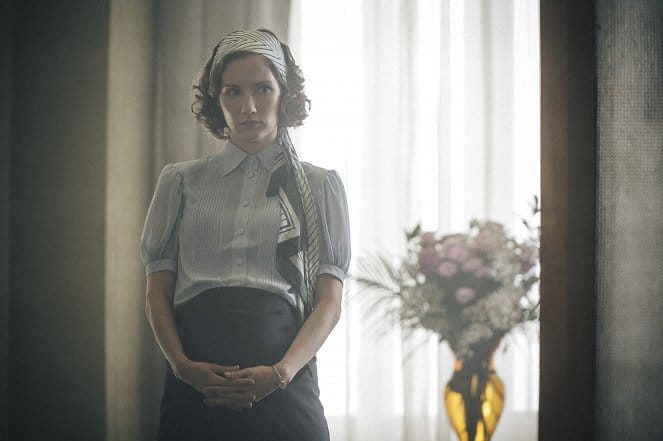
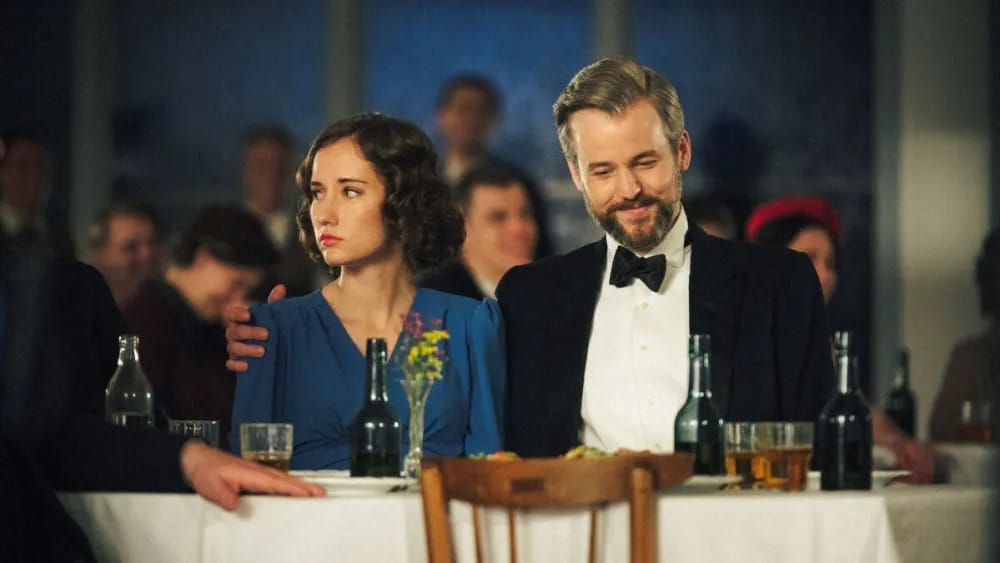
She faces resistance from the local authorities, the factory workers, and even her husband, who are all invested in maintaining the status quo and the image of progress. As she delves deeper into the investigation, she also uncovers secrets and lies that threaten to destroy her marriage and her life.
The film is a compelling and original blend of historical drama, mystery, and social commentary. It challenges the conventional notions of gender, identity, and morality. I found the film a reflection of how we have grown, but how we have stayed the same in a way.
We Have Never Been Modern is a film that challenges us to rethink our assumptions and embrace the complexity and diversity of life. It can be seen at this year’s Europa Film Festival, which runs from Feb 15 to Mar 11. Užívat si (Enjoy!)!

